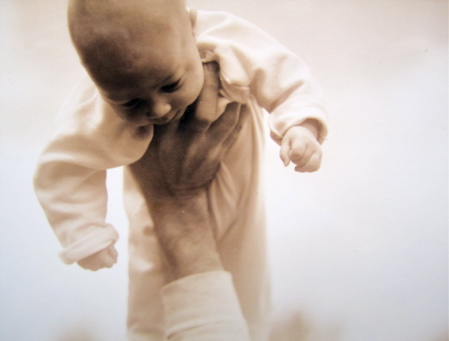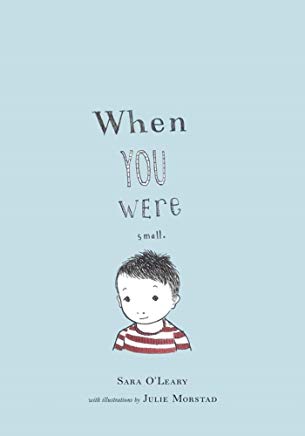The Blog
Blog Entry
Shrink to Fit

Has any generation of children in history ever had so little expected of them, and then suddenly so much? One minute you’re getting wheeled out onto a soccer field in your stroller and shin pads and Spiderman pajamas, then a couple of years later you are playing for the championship of the state. Or maybe it wasn’t so long ago you remember celebrating that fateful first chord on the guitar, now here you are ruing a single, flagrant lapse of concentration during some five minute étude in front of three hundred people. Maybe someone else is ruing it. Maybe everyone says you were great! Heck, you know the difference. There are ninety million Chinese toddlers who can probably play it better.
No, we can’t just sit here doing nothing while everyone’s running around snapping up medals and scholarships and nursery school acceptances and international acclaim. Of course this is nobody’s fault, though with so much at stake is it really any wonder when children should occasionally want to listen to stories about their former, irresponsible selves?
When You Were Small, by Sara O’Leary, with dreamy illustrations by Julie Morstad, begins with a boy sitting down with his father for their regularly scheduled bedtime chat. He looks like he’s about school-age. He looks like he’s about to get debriefed. Yet what follows has nothing to do with the present, and apparently not much more with real life. Small means really small here: the father tells stories of the boy taking his pet ant out for walks on a leash, bedding down in a slipper with a teabag for a pillow, substituting himself for chess pieces, using a ruler as a toboggan on snowy days, and playing king of an aquarium’s castle. Plus:
“When you were small, I used to carry you around in the pocket of my shirt. Your little head would just stick out and your little hands would grip onto the edge of the cloth….”
The first time I reads this I wasn’t sure what the author and illustrator were up to here, and that was sort of thrilling. Now I’m still not sure, but it seems to me that anytime we are able to make a little magic from the past, or to remember it, then the future may prove an altogether less imponderable slog. I wonder if the father here tries to keep things interesting by changing his stories every couple of evenings: about the boy getting lost in the bottom of a grocery bag, not a purse, or wearing a bottle cap on his head instead of a thimble, or maybe there is something you can do with a teapot besides take a bath in it, or surely there are animals other than a cat you can ride like an emperor, but I bet that bit about carrying the boy around in his pocket, and ruining some shirts, and probably once in a while mistaking him for his heart – I bet that bit is always near the end.

